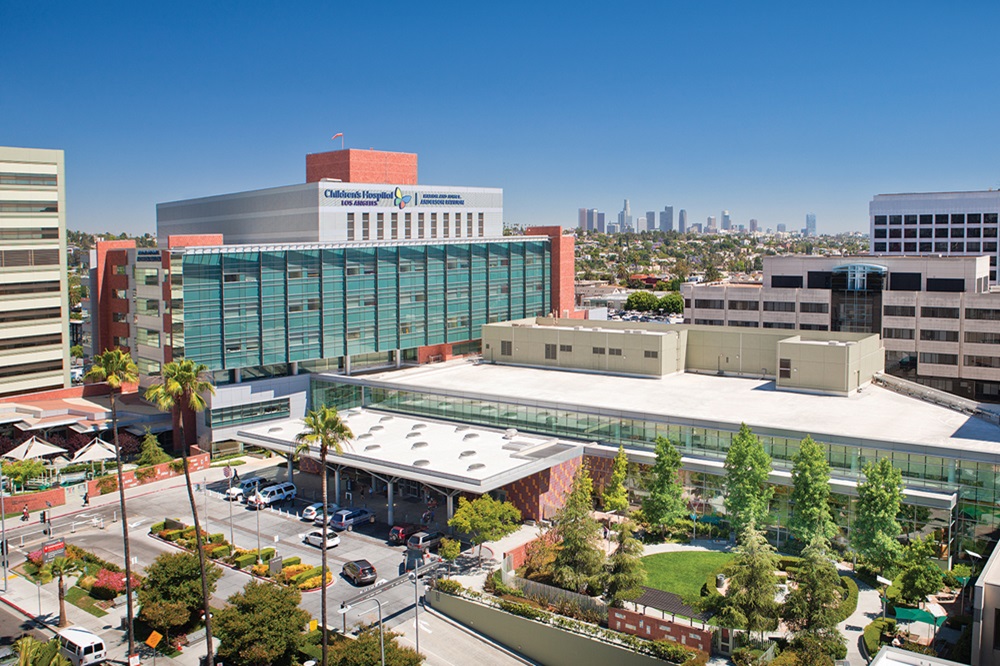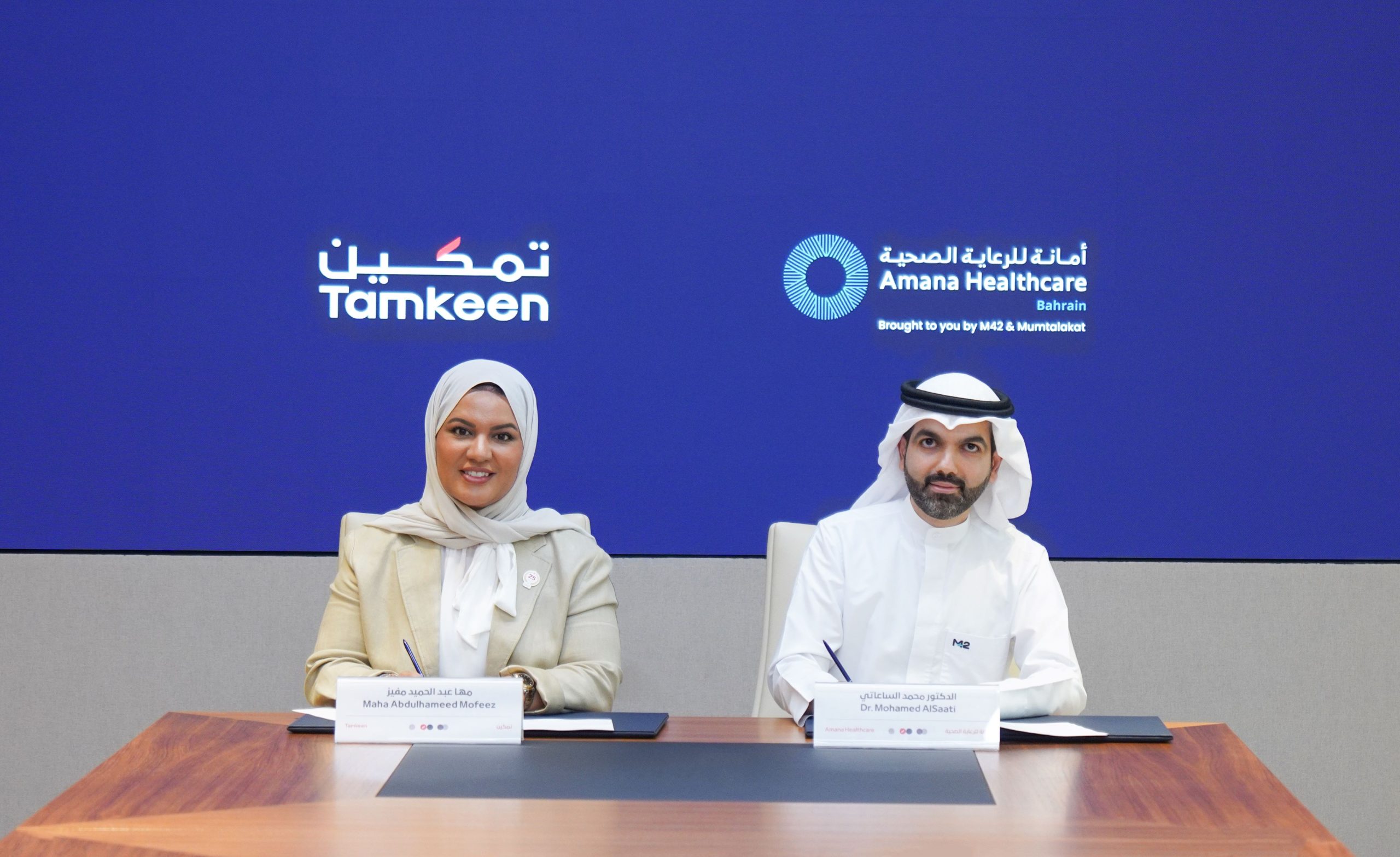President Xi Jinping declared COVID-Zero the most “economic and effective policy for China,” during a symbolic visit to Wuhan in which he cast the strategy as proof of the superiority of the country’s political system.
Xi said during a trip Tuesday to the central Chinese city where the virus first emerged in late 2019 that relaxing COVID-19 controls would risk too many lives in the world’s most populous country. China would rather endure some temporary impact on economic development than let the virus hurt people’s safety and health, he said, in remarks reported Wednesday by state media.
For more coronavirus news, visit our dedicated page.
“Our country has a large population, such strategies as ‘herd immunity’ and ‘lying flat’ would lead to consequences that are unimaginable,” Xi said, according to the official Xinhua News Agency.
The benchmark CSI 300 equities gauge extended losses, ending Wednesday’s session down 1.5 percent, its biggest decline in more than a month. The offshore yuan, which initially declined as much as 0.2 percent on Xi’s comments, pared losses to 6.7032 per dollar as of 4:45 p.m. local time.
The comments represent the clearest sign yet that Xi was willing to expend the political power he’s amassed over the past decade defending a policy that has required locking down large swaths of the country’s most economically important cities for weeks on end. The president characterized Covid Zero as connected to the Communist Party’s “nature and purposes.”
“We have the leadership of CCP, we have the communities as the foundation at grassroots level, we have the capability and strength to implement dynamic-clearance policy until reaching the final victory,” Xi said, using China’s preferred term for the approach.
Growth Target
The comments come in the run up to a pivotal party congress later this year, in which Xi is expected to secure a precedent-breaking third term in power. By increasingly tying COVID-Zero to his own prestige as a leader, Xi is making it riskier for critics of the policy to speak up and also raising the political stakes for himself.
China’s Covid outbreaks and an ongoing property market slump have put the government’s economic growth target of around 5.5 percent out of reach. Economists surveyed by Bloomberg predict growth of just 4.1 percent for this year.
“Xi Jinping’s comments in Wuhan suggest that China’s top leadership sees COVID as a legitimate reason to miss the economic growth objectives and that China’s overall COVID stance is unlikely to change any time soon,” said Louis Kuijs, Asia Pacific chief economist at S&P Global Ratings. “In turn, that means that new outbreaks will continue to pose serious risks to the economy and that economic sentiment will continue to be affected.”
In Wuhan, Xi said China “needs to promote the stable and healthy development of the economy as much as possible at the same time as carrying out the work of pandemic prevention.” Xi also said the country needed to be more self-reliant on developing cutting edge technologies, especially in chip industry and high-end manufacturing, saying the country must “firmly hold the lifeline of science and technology in its own hands.”
Testing Protocol
Xi’s remarks come after the country managed to quell its most serious outbreaks since the Wuhan crisis: both Shanghai and Beijing reported zero local cases on Monday, for the first time since February 19, with the financial hub in particular emerging from a bruising two-month lockdown.
The omicron outbreak has tested its playbook, but China appears to have emerged from that with a new protocol for maintaining COVID-Zero indefinitely. While an easing of travel quarantine buoyed markets on Tuesday as a sign of reopening, officials in the same document codified a standardized approach to mass testing and lockdown that local officials should follow.
China’s 1.4 billion people live in a new normal of constant testing and tracking. In the capital of Beijing, residents are required to show a green code on a mobile app that tracks their health status, and take a COVID-19 test every three days to enter any public venue, including restaurants, shops, and mass transportation. Even kids over age three must be tested to play in the park.
Xi’s comments were likely to dash hopes that China was cautiously embarking on an exit plan.
“We would rather temporarily affect a little economic development, than to risk harming people’s life safety and physical health, especially the elderly and children,” he said Tuesday.
Read more:
Hong Kong steps up COVID-19 testing as details of President Xi’s visit emerge
Nose swabs still best method to test for COVID-19: Study
Beijing to reopen schools, Shanghai declares victory over COVID-19

 World3 years ago
World3 years ago
 World3 years ago
World3 years ago
 Business1 year ago
Business1 year ago
 Entertainment7 years ago
Entertainment7 years ago
 World7 years ago
World7 years ago
 Entertainment7 years ago
Entertainment7 years ago





